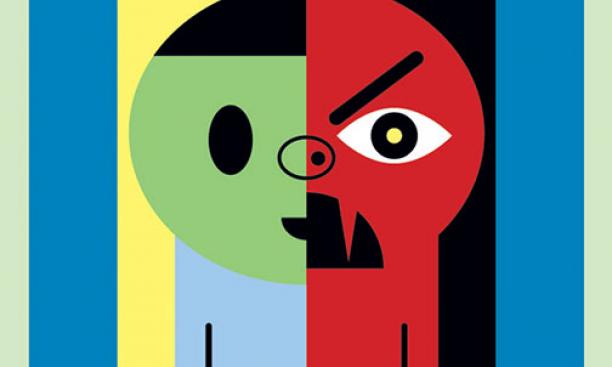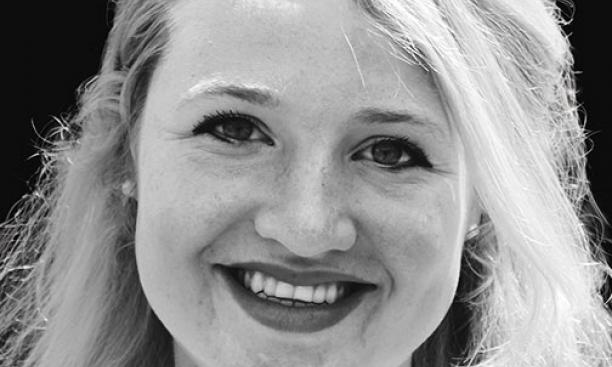

It’s a mantra to the current generation of college students: Think before you post. In an age of Facebook and Twitter, profile pictures and statuses, we’ve learned to be aware of the consequences of our public commentary. But what happens when our words are separated from our names?
Yik Yak, a social-media app that allows users to post anonymously, does just that. This year, Yik Yak became commonplace at Princeton. Anyone with the app can post “yaks” of up to 200 characters as often as they want. A user receives a feed of those posting within a 1.5-mile radius. Users can “upvote” (approve) and “downvote” (disapprove) posts. A recent popular yak remarked upon the warm weather: “This is what winter would have been like if I went to Stanford.” Another read, “Sometimes I eat green beans in the dining hall only because I know it will make my mom happy.”
But not all posts are so innocuous: Some are offensive, and that has led to controversy on a number of college campuses. At Princeton, a debate over the conflict of free speech versus what was termed hate speech — sparked by performances of the student group Urban Congo and the selection of rapper Big Sean as the Lawnparties main act — was intensified by comments posted on Yik Yak.

“In my experience, Yik Yak has been a forum where people can post recklessly,” said Zenaida Enchill ’16, who said most students on campus use the app. “This is marginally funny until there are real issues that come up — issues that are then filtered through the same lens of callousness and disregard.” Enchill said she alternates between deleting the app and downloading it again: “Maybe it’s fear of missing out?” she said.
Hannah Priddy ’17 said she has seen “hurtful and hateful” posts since she downloaded the app in the fall, recalling a reference to the openweight women’s rowing team as “fat weights.”
A positive side of Yik Yak, Annelies Paine ’16 said, is providing a safe space for students to voice the issues they are facing. “It’s nice to read about other students who are are struggling with grades or are stressed at Princeton,” she said. “It lets you know that people are in the same boat as you, whether they would admit that publicly or not.”
But Dashaya Foreman ’16 said she deleted the app after attending a Women’s Center talk on “Race and Digital Feminism” that showed how Yik Yak creates an “empathy gap.” An anonymous app allows people to “say really offensive things — whether it be racist, sexist, or classist — and never see the effect of their words,” she said.
In an opinion column in The Daily Princetonian, Avaneesh Narla ’17 wrote that Yik Yak “is great for crude jokes and complaints, but we shouldn’t use it as a forum for arguments/dialogue or consider it as indicative of campus mentality.”
Maya Wahrman ’16, who has never used Yik Yak, agreed: “An opinion worth being heard has someone willing to stand behind it.”
